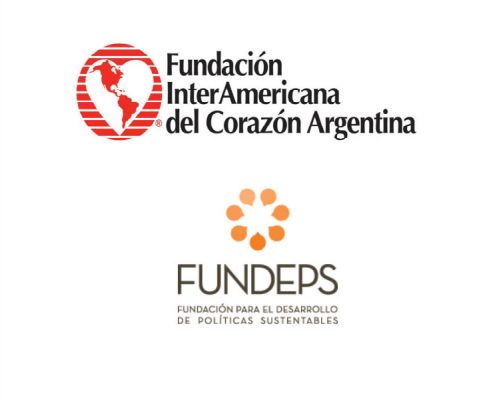At the end of the World Bank’s annual meeting which took place in Tokyo, Japan, numerous non-governmental organizations presented a letter requesting that the World Bank modify the criteria relating to projects in the area of health and that it actively promotes universal health coverage.
As part of their work on health rights, FUNDEPS signed up to the initiative which makes specific recommendations to the World Bank to change practices in the area of health. The thrust of this request is to understand health as a right which cannot be subject to market rules but rather by the logic of the need to protect the most vulnerable; those who in practice are denied the right to health. The recommendations include:
- Making active efforts to promote universal access to health coverage.
- Promoting the elimination of tariff systems for access to health services.
- Supporting public investment in health without favouring private-sector oriented solutions.
- Ensuring that the projects of the World Bank have positive impacts on the poorest two-fifths of the population in which development projects are based.
- Endorsing the participation of civil society in the definition of public health policies.
These organizations will monitor the responses to these requests and the impact of World Bank programs in the effective enjoyment of the right to health.
For more information:
– Note calling for a change of perspective of the World Bank programs in the field of health
Translated by Stephen Routledge

